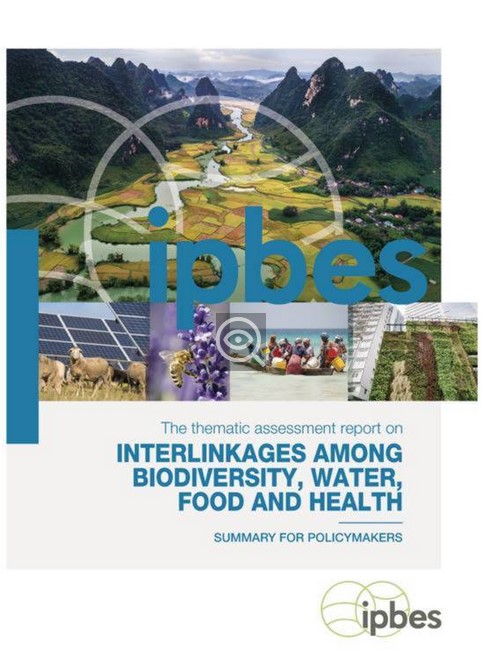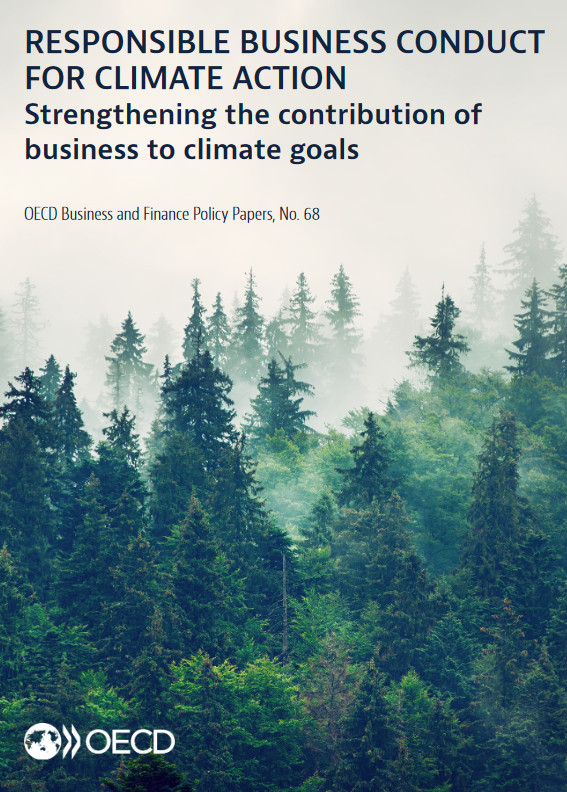CSDDD amendments explained: How Ksapa helps companies navigate simplified requirements while ensuring robust human rights compliance
Author Archives: Farid Baddache
Learn field-tested solutions for community engagement in conflict zones, drawing from Ksapa’s experience in infrastructure, mining.
Discover how Ksapa resolves human-wildlife conflicts through stakeholder engagement, community inclusion, and landscape management.
A deep dive into making ESG a genuine catalyst for sustainable business transformation, with practical steps and implementation insights
Learn how SUTTI’s digital platform enables workers to drive real progress on living wages, recruitment, and discrimination in supply chains
IPBES report reveals urgent crisis in food-nature-health systems, highlighting critical need for integrated solutions to protect our future
How Meta’s moderation rollback reveals a pattern of corporate greenwashing and why turbulent times help expose empty social promises
Explore highlights from Ksapa’s 2024 annual event, where leaders and changemakers united to advance sustainable global transition
OECD framework offers businesses climate action guidelines, transcending COP limitations to drive practical, measurable progress
Analysis of COP29’s carbon market breakthroughs, and energy transition talks as nations prepare for COP30’s critical decisions









